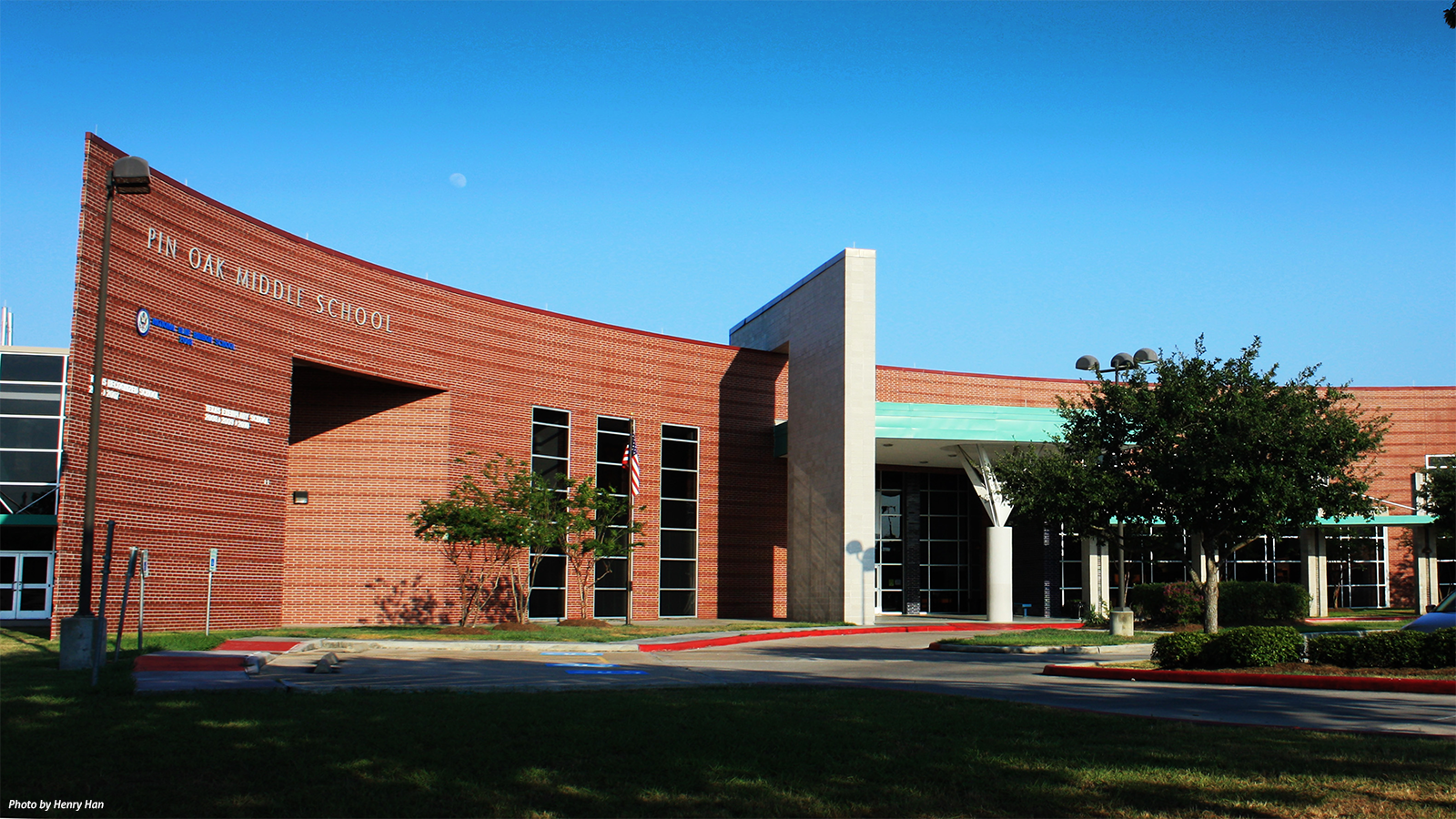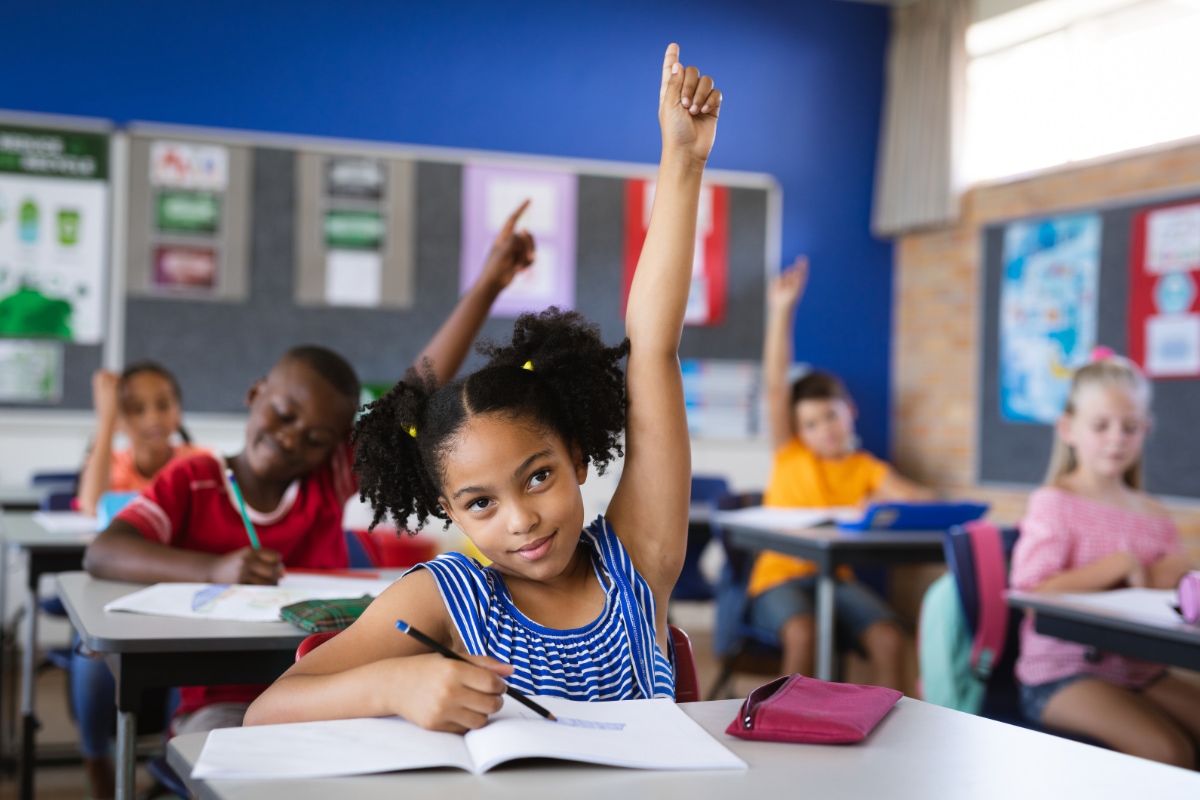Sign Up With Us: Events and Initiatives to Save Temecula Schools
Sign Up With Us: Events and Initiatives to Save Temecula Schools
Blog Article
Comprehending the Value of Schools in Youngster Growth and Area Growth
Schools' interaction with neighborhood neighborhoods through service-learning efforts enhances the bond between family members and academic institutions. This cooperative connection underscores the importance of institutions in supporting energetic citizenship and long-lasting knowing routines.
Academic Accomplishment
Academic achievement acts as a foundation of youngster growth, providing the structure whereupon future knowing and success are built. Colleges play a crucial role in promoting this academic development, using organized atmospheres where kids can acquire crucial knowledge and cognitive abilities. Standard curricula make sure that trainees gain efficiency in core subjects such as mathematics, science, and language arts, which are essential for both higher education and specialist possibilities.
In addition to presenting essential academic skills, institutions likewise cultivate critical thinking, analytical capacities, and intellectual curiosity. These cognitive proficiencies are essential for navigating complex real-world scenarios and adjusting to the ever-evolving needs of the contemporary work environment. Educators, as facilitators of knowing, utilize varied instructional strategies to deal with varied discovering styles, consequently making the most of private pupil possibility.
Additionally, academic success is very closely linked to self-esteem and motivation. Kids who experience academic success are most likely to establish a favorable self-concept and a lifelong passion for understanding. Institutions additionally supply various resources, such as collections and technology, which better boost the educational experience and prepare trainees for a technically advanced society.
Social Ability Advancement
Beyond scholastic achievement, the duty of institutions in social skill growth is important. Schools function as a key place for youngsters to learn and exercise crucial social abilities such as interaction, cooperation, and problem resolution. In the organized atmosphere of a class, trainees interact with peers, instructors, and various other college team, providing many chances to create these vital capabilities.
Efficient social ability development in colleges is facilitated with group tasks, joint tasks, and extracurricular programs. These interactions assist pupils recognize social norms, construct empathy, and cultivate a feeling of neighborhood. Group jobs instruct students just how to function with each other in the direction of a common objective, pay attention to different perspectives, and navigate disputes constructively.

The growing of social abilities throughout college years lays a foundation for future individual and expert connections. Save Temecula Schools. As trainees mature, the capability to efficiently collaborate and communicate comes to be progressively essential, underscoring the school's crucial function in all natural youngster development
Direct Exposure to Variety
Exposure to diversity in colleges is basic to fostering a comprehensive way of thinking and expanding pupils' point of views. Schools work as a microcosm of the wider society, and experiencing varied cultures, languages, and socioeconomic backgrounds within this environment equips trainees with crucial skills for browsing a significantly globalized world. This direct exposure encourages compassion, pop over here reduces prejudices, and advertises shared respect among peers.
Diverse classrooms also improve cognitive and social advancement. Research suggests that students that connect with peers from different backgrounds show much better analytic skills and creative thinking. They discover to appreciate different viewpoints, which improves class discussions and promotes an extra dynamic learning experience. Additionally, this understanding of variety prepares trainees for future offices that value modern competence.

Area Engagement
The advantages of varied classrooms prolong beyond the school wall surfaces, fostering a solid feeling of area engagement amongst students. By interacting with peers from various cultural, socioeconomic, and ethnic histories, pupils get a broader point of view and an admiration for diversity. This exposure motivates them to end up being energetic residents that agree to contribute favorably to their communities.
Colleges that stress neighborhood engagement commonly integrate service-learning jobs, which allow pupils to attend to real-world issues while applying academic abilities. These jobs not just improve trainees' understanding of their coursework however additionally instill a sense of responsibility and empathy. Furthermore, collaborations in between schools and neighborhood companies give students with chances to take part in area events, better solidifying their duty as positive community members.
Furthermore, adult and community involvement in colleges strengthens the bond between instructional organizations and the communities they serve. With these efforts, institutions play a crucial function in nurturing neighborhood involvement and promoting societal development.
Lifelong Learning Behaviors
Creating lifelong learning habits is vital for a child's continual development and versatility in an ever-changing more tips here world. Colleges play an essential duty in instilling these habits by creating an environment that promotes curiosity, vital reasoning, and a love for knowledge. Through extracurricular tasks and diverse educational programs, educators encourage pupils to discover different subjects, assess information critically, and apply their finding out to real-world scenarios.

In addition, colleges provide a structured setting where youngsters can develop self-discipline and time monitoring skills, both of which are important for continual discovering. By emphasizing the relevance of setting objectives, reviewing development, and adjusting methods, schools prepare students to navigate the intricacies of adult life, ensuring they continue to be long-lasting students and contributors to culture.
Verdict
Finally, schools are important in fostering youngster growth and community growth by offering settings conducive to scholastic achievement, social ability advancement, and direct exposure to diversity. Through collective projects and communications, institutions enhance important thinking, compassion, and communication abilities. Area engagement initiatives better enhance the bond in between regional communities and educational establishments. Eventually, schools cultivate lifelong discovering behaviors, outfitting individuals with the needed expertise and skills to contribute favorably go to culture.
In the organized atmosphere of a classroom, pupils interact with peers, instructors, and other institution team, using various chances to create these crucial capacities.
In essence, direct exposure to variety within institutions not only enriches private trainees yet likewise strengthens the social material of the neighborhood as a whole.
The advantages of diverse classrooms prolong past the institution wall surfaces, promoting a strong feeling of area engagement among trainees.Institutions that stress area interaction commonly integrate service-learning jobs, which enable students to attend to real-world troubles while using scholastic abilities. Partnerships in between colleges and neighborhood organizations provide pupils with chances to take part in area occasions, further strengthening their function as aggressive area members.
Report this page